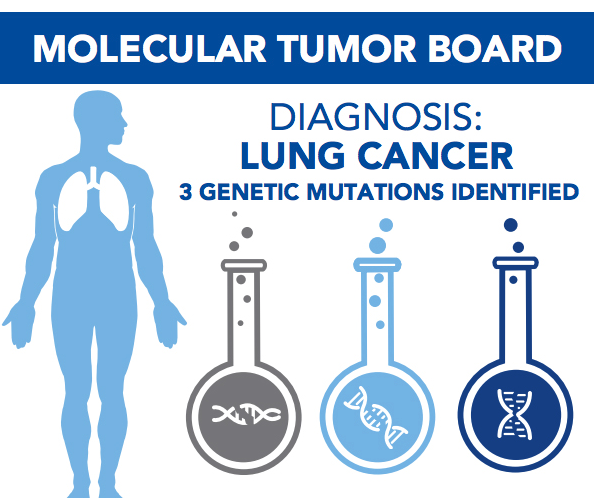Biography
James Cole is currently a Product Manager at GenomOncology, specializing in the design, development, and implementation of the GenomOncology Molecular Tumor Board Application. In his role, James applies GenomOncology's Precision Oncology Platform to creating a best-in-class model for conducting molecular tumor board meetings at cancer centers throughout the country. James' activities include collaborating with clients to implement precision oncology solutions that are designed to fit their unique needs. Through the successful implementation of several Molecular Tumor Board instances, James has garnered a wide-ranging perspective on the challenges related to successful implementations as well as the opportunities for enhancing the client experience. James has been working at GenomOncology for the last 5 years, and previously did his doctorate work at Cleveland State University in the synthesis and characterization of theranostic nanoparticles.
Session Abstract – PMWC 2020 Silicon Valley
The Molecular Tumor Board (MTB) was mostly established to facilitate the incorporation of molecular diagnostics into the consideration of appropriate therapies for patients with late stage cancer. Initially, much of the deliberation was focused on understanding the results of such testing, as reporting of results was limited in scope and frequently understandable only to cutting edge experts in the field. Improved, but still not perfect, reporting now exists, so discussion has shifted to prognostic and therapeutic considerations. That said, the collective experience with rare mutations and off label therapies is still such that collective wisdom is necessary. This brings up the issue of how MTBs collect, share, and preserve data within a specific MTB, and perhaps more importantly, how it might be shared amongst MTBs and beyond. While initial activity related to MTBs resided almost exclusively in large academic, and select community, medical centers, there is now significant effort in the commercial setting as well, with a number of intriguing efforts presently underway. Important and evolving issues, such as defining which patients are most likely to benefit from the efforts of a MTB, Virtual MTBs, and the generation of Real World Evidence, will be discussed.









